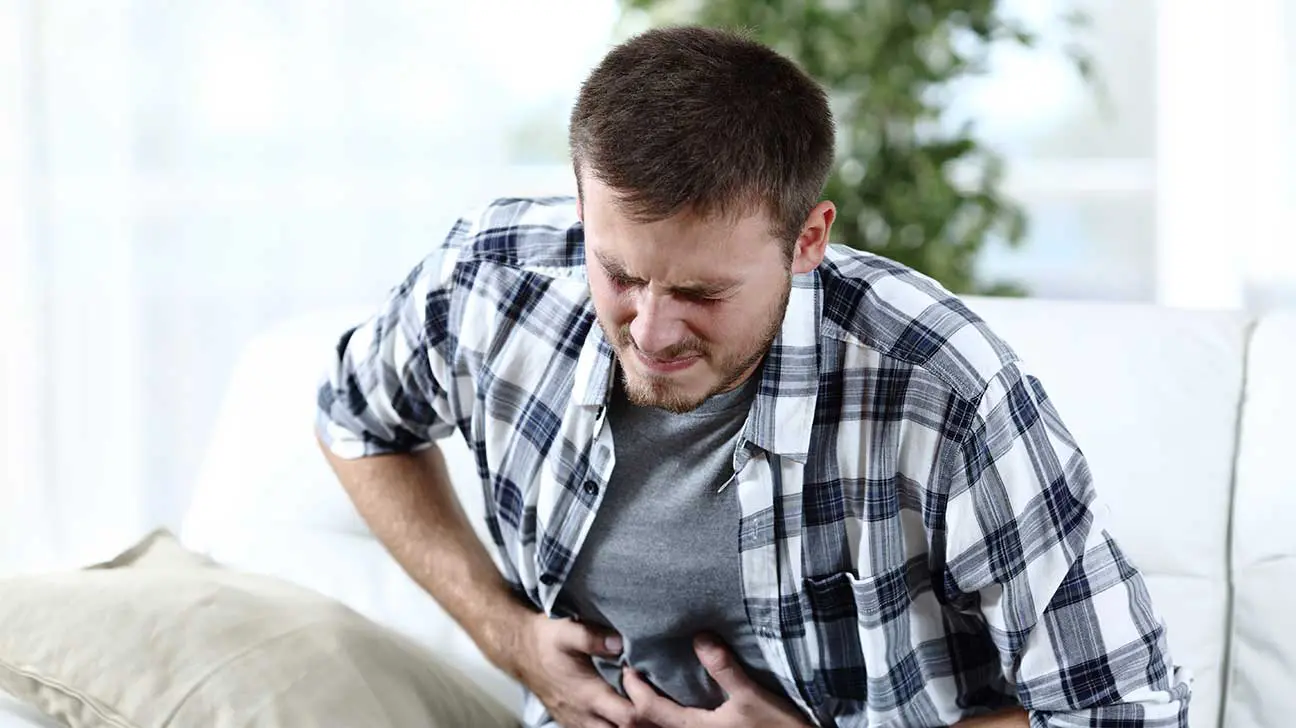
Heroin is an illicit, addictive drug that belongs to a class of drugs known as opioids, or opiates. It acts in the body as a depressant, which means it slows activity in the central nervous system.
This can have effects on:
- heart rate
- breathing rate
- blood pressure
- decision-making
- reflexes
Knowing the effects of heroin on the body is one way to identify heroin use in a loved one.
How Heroin Works
Heroin is a depressant. It slows activity in the brain by binding to and activating the body’s mu-opioid receptors.
These receptors help regulate functions such as body movement, pain sensation, mood, and hormones.
Activating these receptors in the brain can cause a release of the brain chemical dopamine, a “feel good” chemical.
The release of dopamine can cause what many refer to as a drug “high,” characterized by a pleasurable sensation of relaxation and positive well-being.
It can also reinforce continued use of heroin and, through chronic use, psychological addiction.
Short-Term Effects Of Heroin Use On The Body
Heroin is known for its rapid, euphoric effects. Depending on how it’s used, the effects of heroin may be felt within anywhere from a few seconds to a few minutes.
Short-term effects of heroin on the body can include:
- calmness
- heaviness of the arms and legs
- drowsiness
- dry mouth
- nausea
- constricted pupils
- warm flushing of the skin
- itchiness
Heroin Nod
People who take heroin may also begin “nodding out,” or falling in and out of a semi-conscious state. This may also be a sign of heroin overdose, which may require immediate medical assistance.
Heroin Eyes
Many drugs can cause changes in pupil size and eye appearance. Heroin is known to constrict the pupils, or cause tiny pupil size—sometimes referred to as heroin eyes.
Long-Term Effects On The Body
Over time, people who use heroin very often may begin to feel reliant on it. This can be a sign of heroin dependence, which develops when the body becomes used to having the drug in the system.
Other long-term effects of heroin can include:
- chronic heroin use: decreased appetite, constipation, and changes in sleep, insomnia, and even malnutrition
- injecting heroin: track marks, damaged blood vessels, abscesses, and bruising
- sharing drug paraphernalia: (such as needles, syringes, and spoons) high risk of contracting infectious diseases such as HIV/AIDS and hepatitis
Read more about heroin-induced constipation
Physical Dangers Of Heroin
Heroin can be dangerous when used once or over a longer period of time. In 2019, heroin was involved in over 14,000 drug overdose deaths in the United States alone.
Heroin can be especially life-threatening when laced with illicitly manufactured fentanyl, which can be 50 times more potent than heroin.
Unfortunately, without a drug test, it can be difficult for people who buy heroin to know whether their heroin supply has been contaminated with fentanyl.
Signs Of Heroin Overdose
Heroin overdose can be treated with the administration of naloxone, an opioid antagonist. Knowing the signs of an overdose, and treating it quickly, can be life-saving.
Signs of a heroin overdose can include:
- shallow, slow, or stopped breathing
- cold, clammy skin
- bluish lips or fingernails
- slow heart rate
- low blood pressure
- confusion
- tiny pupils
- stomach pain
- coma
If someone has stopped breathing, is unresponsive, or has collapsed after using heroin, call 911 or poison control for assistance right away.
How To Stop Using Heroin
Getting off heroin isn’t so simple as quitting cold-turkey. People who are addicted to heroin may become dependent on it physically and psychologically.
Without professional treatment, trying to quit heroin alone can cause:
- withdrawal symptoms
- relapse
- depression
- increased risk of overdose
If you want to stop using heroin, or want to get help for a loved one addicted to heroin, finding a detox program is highly recommended.
Within a detox program, healthcare professionals can offer treatment for withdrawal symptoms and coordinate continued care in a treatment program.
Find Treatment For Heroin Abuse And Addiction
Recovering from the physical effects of heroin isn’t always easy, but it is possible with treatment.
Treatment for heroin addiction generally involves:
- detoxification (detox)
- medications (e.g. methadone, buprenorphine)
- behavioral therapy
Treatment for heroin addiction is offered within many inpatient and outpatient rehab programs.
By calling our helpline, we can help you determine which type of rehab program may be best suited to meet the physical and mental health needs of yourself or a loved one.
If you have questions about heroin, don’t wait to reach out. Call our helpline today to learn more about heroin addiction or to find an addiction treatment program for yourself or a loved one.
Addiction Resource aims to provide only the most current, accurate information in regards to addiction and addiction treatment, which means we only reference the most credible sources available.
These include peer-reviewed journals, government entities and academic institutions, and leaders in addiction healthcare and advocacy. Learn more about how we safeguard our content by viewing our editorial policy.
- Centers for Disease Control and Prevention (CDC)—Heroin
https://www.cdc.gov/drugoverdose/opioids/heroin.html - U.S. National Institute on Drug Abuse (NIDA)—Heroin DrugFacts
https://www.drugabuse.gov/publications/drugfacts/heroin - U.S. National Institute on Drug Abuse (NIDA)—Heroin Research Report
https://www.drugabuse.gov/publications/research-reports/heroin/overview - U.S. National Library of Medicine: MedlinePlus—Heroin overdose
https://medlineplus.gov/ency/article/002861.htm


